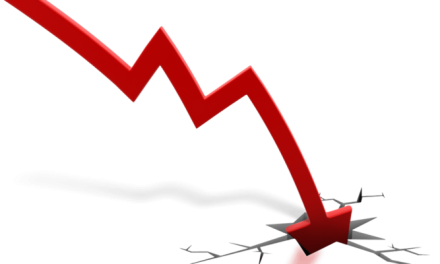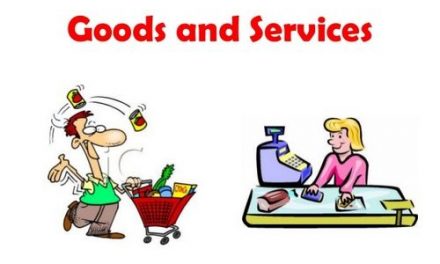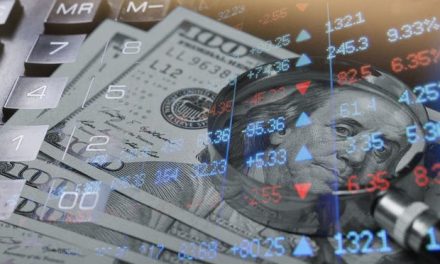Inconsistency seems to be the order of the day when it comes the fuel industry in Zimbabwe. Still experiencing crippling fuel shortages since October 2018, the country continues to send unclear signals about the actual root cause of the fuel crisis. Could it be that we are experiencing fuel shortages due to people hoarding fuel because it is cheap? Or that government loves its people so much that it is subsidising the product? The Zimbabwe Energy Regulatory Authority (ZERA) released its FOB and Maximum pump prices for the week starting 7th January 2019 and the figures call for more questions than answers on our pricing model.
New prices
The FOB (Free on board / Freight on board) price for Diesel is at 0.5434 cents while that for Petrol is 0.4726 cents. Maximum pump prices are pegged at $1.24 for Diesel 50 and $1.32 for Petrol (E5). ZERA says, ‘…these figures take into account the revised excise duty and represent maximum FOB and pump prices for the different fuels. Operators may however, sell at prices below the cap depending on their trading advantages.” On the ground, almost all service stations are selling fuel at prices higher than the recommended ones. Petrol is selling at around $1.40 and it is highly unlikely that traders will reduce their prices. It is confusing that even after excise duty on fuel was increased at the beginning of December 2018, our fuel is decreasing in price, at least according to ZERA. If we look at maximum pump prices released for the weeks starting 17th, 24th and 31st December 2018, the prices were $1.28, $1.26 & $1.25 for diesel and $1.34, $1.33 & $1.33 for petrol respectively. Before the increase in excise duty the maximum pump price for diesel was $1.35 and that for petrol was $1.42.
World fuel prices
A frightening point to note is that our fuel is generally much cheaper than what most of our neighbouring countries are charging. In US dollar terms, we are charging 32 cents for diesel and 43 cents for petrol. In South Africa, diesel costs an average of R13 while petrol costs about R14. This translates to 90 cents and $1 respectively in US dollar terms. In Botswana diesel costs US 86 cents while petrol is at US 87 cents. In fact, the average price of diesel in the world is $1.03 while that for petrol is $1.09 according to GlobalPetrolPrices.com, a website that regularly compares fuel prices across the world. Even on that website, it appears that our fuel is expensive, but it is not. The official prices we use are in bond notes and not US dollars. As such, at the current exchange rate, whatever price prevails in bond notes should be divided by 3 to get the actual US dollar price which is comparable to other countries. Unfortunately, the Reserve Bank of Zimbabwe insists that the two are at par and this poses serious problems on pricing.
Fuel quality
Some consumers have questioned the quality of fuel in the country on numerous occasions. This is because we use blended petrol. However, ZERA has also issued a statement refuting allegation that our fuel is somehow not the right quality and that comprehensive quality assurance interventions are carried out regularly. In a press statement released on 7th January 2019, ZERA says, “As at the end of December 2018, the compliance ratio of blend was at 99.4% across the country. There was no fuel retailer caught with over-blended petrol in 2018.” With recurrent shortages aiding the proliferation of a black market for fuel, quality issues cannot be ignored. The truth is that no one can guarantee fuel quality once the fuel leaves the official pump.
There is little doubt that the fuel situation in the country needs to be sorted out sooner rather than later. Continuous fuel shortages are seriously impacting the ease of doing business and the government should be more concerned about this. That the RBZ is allocating forex for fuel procurement at a fictitious rate of 1:1 is not helping matters too. It tends to create a false sense of stability while possibly enriching a selected few. The status quo is surely not sustainable.








